
Courtesy
“Chavismo”, the political movement founded by the late Hugo Chávez, faces significant challenges as it approaches the upcoming presidential election on 28 July. President Nicolás Maduro’s government struggles with deep unpopularity amid economic collapse and a severe humanitarian crisis that has driven over 7.5 million Venezuelans to leave the country. Opinion polls indicate a strong desire for change among voters, and the opposition, for the first time united behind a single candidate, Edmundo González, looks poised to capitalize on this sentiment. Opposition parties, instead of boycotting as in the past, have committed to participate in the election. Within Chavismo, there are deep divisions and varying perspectives on the election. Some factions are committed to democratic principles, while others lean towards more authoritarian tactics to maintain power. Despite a drop in grassroots support, with widespread disenchantment in former strongholds, some mid- and higher-ranking officials remain optimistic, believing their narrative that their base remains loyal and that opposition collaboration with the U.S. is to blame for Venezuela’s plight. The movement’s cohesion is threatened by these internal contradictions and the fear that an opposition victory could erase Chavismo’s influence. Top political leaders in Venezuela, despite recognizing declining support, believe they can win the presidential election by securing around 30% of the vote if abstention rates exceed 50% and the opposition vote splits. They have attempted to reframe their rhetoric by stressing economic recovery, private investment, and adopting a neutral color scheme. In 2023, an agreement was reached in Barbados for fair election conditions, but the government continued to hinder opposition unity, notably blocking candidate María Corina Machado. Facing a potential defeat, the government reverted to confrontation, invoking Hugo Chávez’s legacy and emphasizing U.S. sanctions as the cause of Venezuela’s economic woes. Officials argued that fair elections are impossible under current sanctions, accusing the U.S. of breaking promises tied to lifting these sanctions. The government frames the election as a battle against U.S. influence, using anti-imperialist rhetoric. Chavistas fear persecution if the opposition wins, fostering unity despite dissatisfaction with Maduro. María Corina Machado’s disqualification has made her a popular figure, intensifying chavista fears of a harsh crackdown if they lose, thus motivating them to prevent an opposition victory. The Maduro government faces a critical challenge in accepting a potential opposition victory in the 2025 elections. Ideally, the government would win a fair election to gain internal and external legitimacy and lift sanctions. However, with the opposition united and poor living conditions persisting for many Venezuelans, this outcome appears unlikely. The government is expected to manipulate the electoral process to avoid defeat, employing tactics like last-minute polling site changes, welfare benefits exchange for votes, and candidate disqualification, aiming to ensure over 50% abstention. Historically, uncompetitive elections have led to sanctions, yet the government believes international responses might be milder this time, given previous sanctions’ ineffectiveness in ousting chavismo and concerns over worsening conditions and migration. Should the government lose, Maduro and his allies would seek guarantees like personal safety, immunity from prosecution, political roles, and military stability, possibly negotiating power-sharing. Ensuring a fair election will require efforts to deter chavista sabotage, and foreign powers should incentivize non-interference. Colombian President Gustavo Petro and Brazilian President Luiz Inácio Lula da Silva support a post-election pact proposal, though internal government fractures and perceived weaknesses pose risks. The government’s unity is its strength, but the stakes of losing may diminish the prospects for a fair and competitive election. Original Text published by-> CrisisGroup
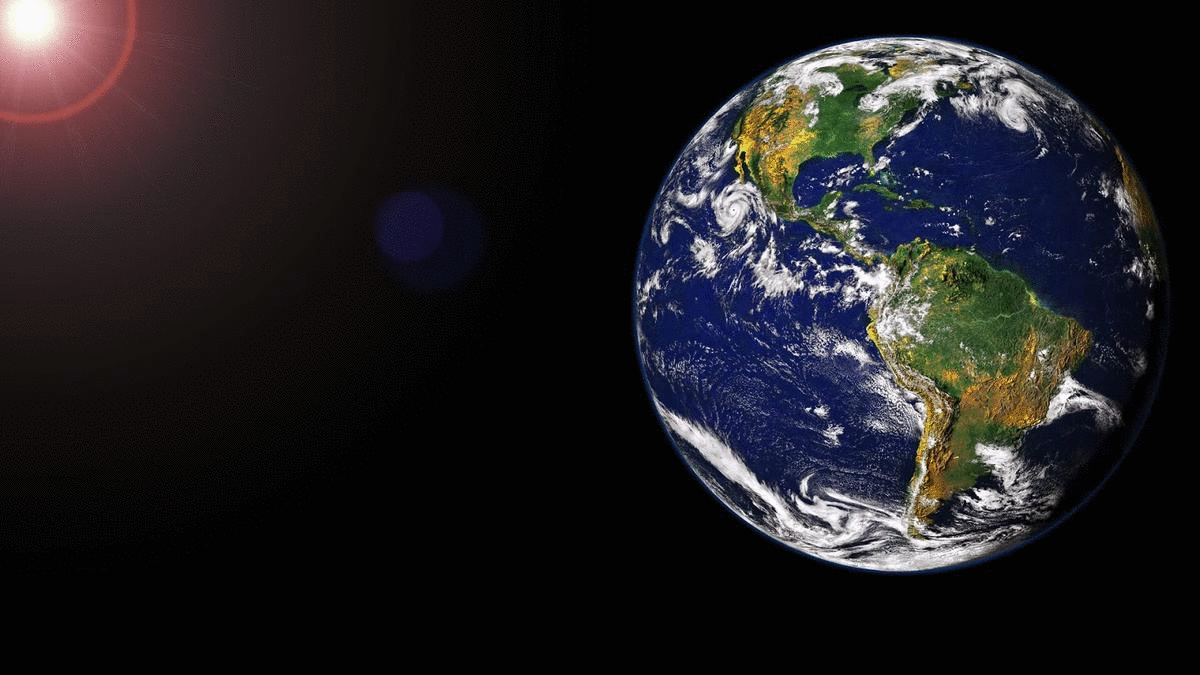
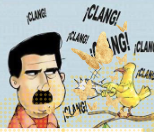
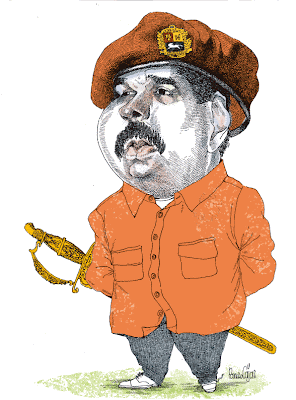
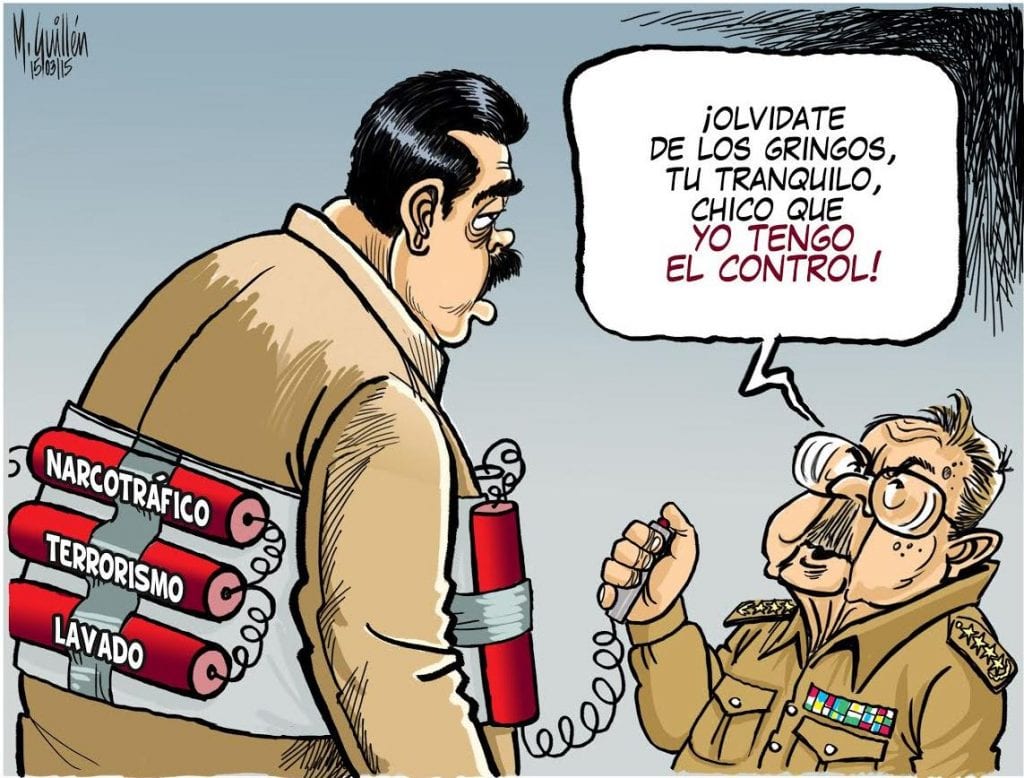
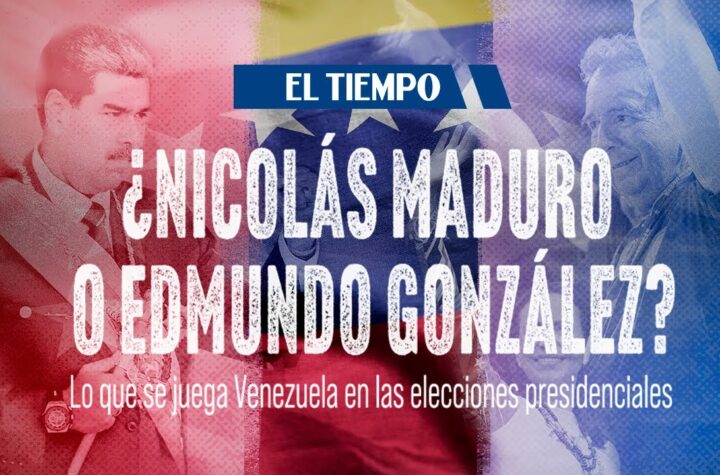
More Stories
Venezuela, elecciones entre pajaritos y mariposas
Maduro seeks to bolster military support ahead of next election
¿Qué hará Cuba el 28 de julio?